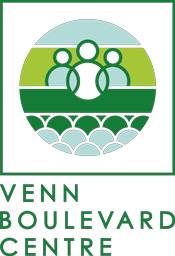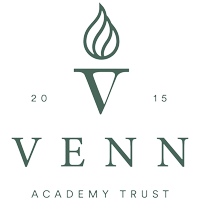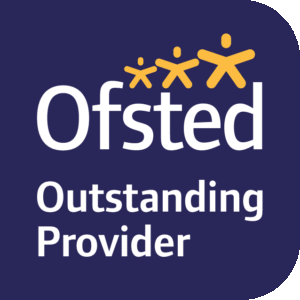The National Curriculum in Computing at KS3 follows the same guidelines as a mainstream school, but with adaptations to meet the specific needs of its students.
The National Curriculum in Computing at KS3 is divided into three key areas: Computer Science, Digital Literacy, and Information Technology. These three areas are interrelated and are taught through a variety of different activities and projects.
Computing at Venn Boulevard Centre is taught in smaller groups with additional support and adapted instruction provided to meet the specific needs of each student. This may involve more individualized instruction, hands-on activities, and opportunities for students to work collaboratively with their peers. Some students spend some time revisiting some of the KS2 skills that have not been embedded in the long-term memory.
The Computer Science strand of the National Curriculum at KS3 focuses on the fundamentals of computer programming, including algorithms, data structures, and programming languages. Students may learn to use programming languages such as Scratch or Python to create programs, games, and animations.
The Digital Literacy strand of the National Curriculum in Computing at KS3 teaches students about the safe and responsible use of technology. This includes understanding issues such as online privacy, cybersecurity, and digital citizenship. Venn Boulevard Centre staff provide additional instruction on how to use technology safely and responsibly, and may have opportunities to practice these skills in real-world situations.
The Information Technology strand of the National Curriculum in Computing at KS3 focuses on the use of technology to solve problems and accomplish tasks. This may include using productivity software such as spreadsheets and databases, as well as creating and manipulating digital media such as images and videos.
Through a combination of theoretical and practical instruction, students can develop the skills and knowledge they need to use technology effectively and responsibly, and to succeed in their future educational and professional endeavours.
Staff are encouraged to try and embed computing across the whole curriculum to make learning creative and accessible. We want our pupils to be fluent with a range of tools to best express their understanding and hope the time they leave our setting, children have the independence and confidence to choose the best tool to fulfil the task and challenge set by teachers.
Some of our students go on to study computing at KS4 in the form of ICT functional skills and/or an iMedia course. This can vary dependent on the options that year and the ability of the different cohorts of children.



























